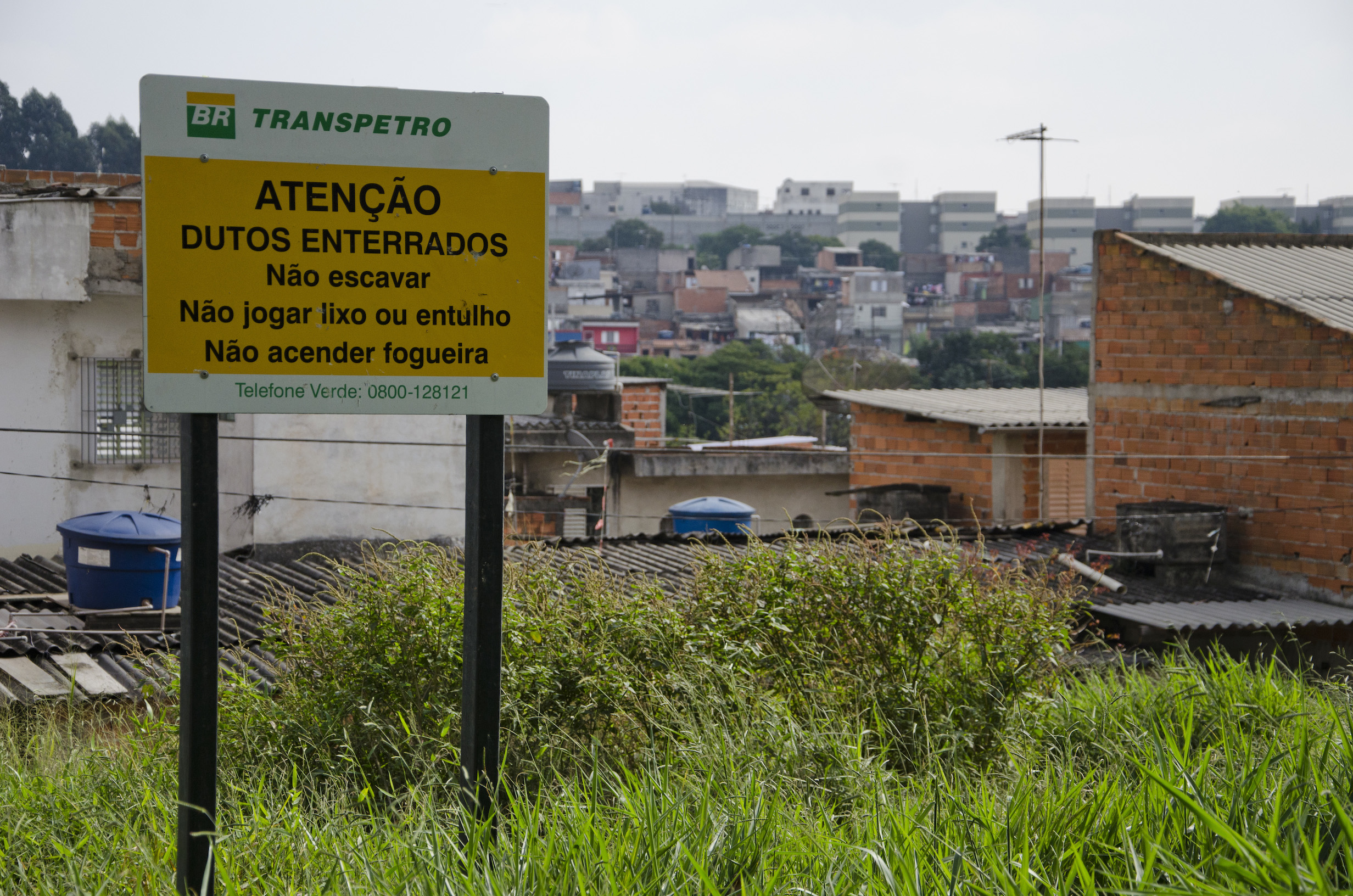Upscaling of implementation of Dynamic Agroforestry Systems
The producer family with their garden is always linked with a broader sphere, such as the relationships between gender and generations, the social organisation, community, local and international markets, the cultures, and – something often overlooked as important – religion and/or spirituality. These aspects, however, should be considered within the concept of training.
The proposed methodology is based on a period of intensive theoretical and practical training of local trainers (facilitators) and lead farmers. In addition, the participants must "rebuild" their knowledge on their own plots of land. Individual practice must be supervised and accompanied by a senior trainer experienced in Dynamic Agroforestry.
Lead farmers present their practical know-how and document the processes experienced in the following installation period. In this way, a practical implementation of the concepts worked on can be achieved within a concrete context for the production level of a rural family.
Upscaling is achieved as followed:
- 1 local trained facilitator trains 10 lead farmers
- 10 lead farmers accompany 5 to 10 farmers each in implementing DAF
- 10 trainers accompany 100 lead farmers
- 100 lead farmers = 500 to 1000 followers
- A long term concept of developing programs for at least 5 years
- Participitory institutional framework
- Commited and open-minded staff
- Budget for training, follow up, equipment, and monitoring
- Accurate selection of local trainers and lead farmers
- Practically skilled SAF senior trainers
- Access to market for cash crops
- Short term benefits for farmers (anual crops, less labour, no expenses for external inputs)
The most important experience is the benefit of land preparation without fire. The advantage of SAF can be seen already after a couple of months, which helps to encourage farmers to extend learning plots step by step to the whole plantation. Short-term economic needs foster monocultures with expensive external inputs, creating more short-term economic needs. Also, agriculture is not a desirable future for many, and the young migrate to cities (generational conflict). National mega-projects such as dams threaten local initiatives. Other adverse conditions are unfulfilled basic needs, bad infrastructure and extreme climate conditions that impede dedication to long-term SAFS initiatives. However, we note an increasing awareness of the importance to preserve trees and biodiversity, and interest in SAF because of the need to restore soil fertility, and because families see that those who implement the mode are being less affected by climate change impacts, have better working conditions, healthier and more diverse food, and better markets (e.g. for organic cacao, coffee, coconut or coca).
